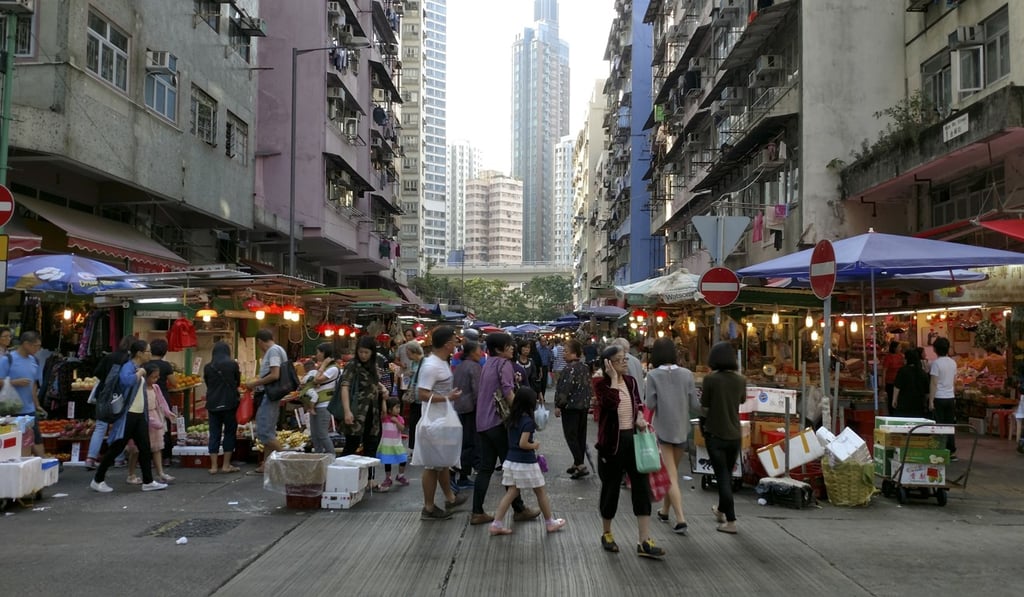Blowing Water | You could never replace Cantonese as the language of Hong Kong
Raw and unashamedly direct, Cantonese is a lively dialect that is as dynamic as the city and is alive, kicking and relevant after more than 2,000 years

Many years ago, I was shopping in a wet market with my British friend and stopped by one of the stalls to buy some food. After discussing a price and picking a selection of items, my friend asked with concern, “What were you arguing about? Were they trying to overcharge you?” It took me a few seconds to realise what caused my friend to ask this, then I explained that it was just a normal conversation and that’s how Cantonese tends to sound.
In all honesty, I do have to agree that Cantonese does not sound particularly gentle or pleasant on the ear. German tends to be viewed in the same light and is described by many as guttural and harsh-sounding. Many of us can agree that both languages are very expressive though, and that one must speak it with gusto to do it justice.
Casual racism? Getting hot under the collar about ‘Yellow Fever’
Don’t get me wrong; despite my seemingly negative description of the dialect, I am a diehard Canto-fanatic. I love this colourful southern Chinese dialect and am thankful that I got to learn it in my early childhood.

Growing up in a Chinese household where Cantonese, Taiwanese Hokkien, Mandarin and sometimes Japanese were spoken at the same time, it was sometimes rather overwhelming to switch to using English at school. Despite growing up amid the cacophony of languages and dialects, it was always Cantonese that was the most appealing to my ears.
It might not sound as smooth and silky as Mandarin in general, or as melodic as Taiwanese Hokkien, or exotic and captivating as Japanese, but it’s one of a kind – raw, native, unpretentious, descriptive, colourful, versatile, adaptable, resilient, and so much more. It is such qualities that have undoubtedly contributed to its longevity. Cantonese is still alive and kicking, and it remains relevant after more than 2,000 years.
